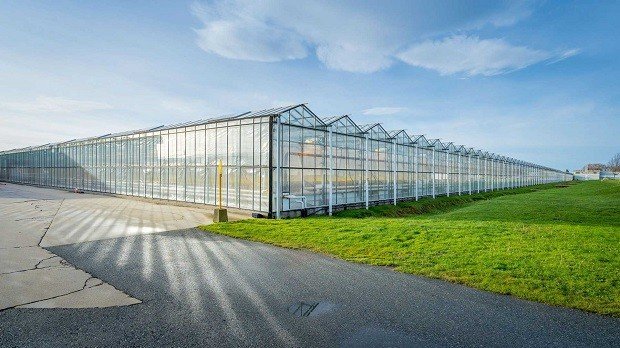ICAR-CIBA’s technology clientele bags National Fisheries Award 2020
Award Winners Nambikkai fish farmers’ group and Sai Aqua Feeds adopted CIBA’s Fish Waste-to-Wealth” and Feed Processing Technology.
The Nambikkai Fish Farmers Group, Tamil Nadu and Sai Aqua Feeds, Andhra Pradesh bagged the “Best Fisheries Self Help Group” and “Best Fisheries Enterprise Award – 2020” for adopting the ICAR-Central Institute of Brackishwater Aquaculture, Chennai’s “Fish Waste-to-Wealth” and Feed Processing Technology. The award was bestowed by the National Fisheries Development Board (NFDB), Department of Fisheries, Ministry of Fisheries, Animal Husbandry and Dairying, Government of India during the World Fisheries Day – 2020 celebrations held at National Agricultural Science Centre Complex, New Delhi
Pratap Chandra Sarangi, Union Minister of State for Fisheries, Animal Husbandry and Dairying conferred the Awards to Shri T. Kennit Raj, Leader, Nambikkai Fish Farmers Group and Shri Vijay, Managing Director, Sai Aqua Feeds, Bapatla, Andhra Pradesh on the behalf of their respective organizations.
Dr Rajeev Ranjan, I.A.S., Secretary (Fisheries), Ministry of Fisheries, Animal Husbandry and Dairying, Government of India and Dr. Suvarna C., Chief Executive, NFDB, Hyderabad were also present during the occasion.
The Nambikkai Fish Farmers’ Group from Pattinapakkam in Chennai successfully adopted the technology-conversion of fish wastes into value-added products – developed by the ICAR-CIBA. M/s. Sai Aqua Feeds, a Start-Up Company in Bapatla, Andhra Pradesh adopted the technology of ICAR-CIBA, Chennai in formulating Desi Shrimp Feeds. The Awards include a Financial Incentive of Rs. 2 Lakh Cash Prize and a Shield.
“Waste to Wealth” Initiative
Started its functioning during 2017-18 under the aegis of ICAR-CIBA, Chennai, the Nambikkai Fish Farmers’ Group commercialized the ambitious technology of recycling fish wastes to develop value-added products named Plankton plus (used in aquaculture system to boost and maintain the healthy plankton blooms) and Horti plus (used as an organic manure in horticulture). The products have been developed under the concept of “Waste to Wealth” initiative of ICAR-CIBA in line with the Swachh Bharat Abhiyan of the Central Government.
The Start-Up Processing Unit of Nambikkai Self-Help Group produced 16,345 Kgs of value-added products and attained an annual turnover of Rs. 1.68 Millions. The group has 7 Scheduled Caste Fishermen Members. During the COVID-19 Pandemic, the group managed to earn Rs. 2 lakh as livelihood support.
Low-cost Desi Feed Technology
The M/s Sai Aqua Feeds commercialized the indigenous shrimp feed Vannamei plus developed by the ICAR-CIBA, Chennai. The feed’s formulation on a commercial scale by the Andhra-based Company helped in reducing the production cost in shrimp aquaculture in the country and effectively contributing towards doubling the farmers’ income.
Starting its operation in 2017, the Company had an overall production of 7,633 tonnes of shrimp feeds in the brand “Vasanthi Premium” with an average annual production of 2,585 tonnes. An overall turnover of nearly Rs. 5 Crores was earned by it. It is estimated that the production cost could be reduced by 20 % with the Institute’s commercialized desi feed technology.
Award Winners Nambikkai fish farmers’ group














